Water: We still don’t get it
Nearly three years ago, I was part of a group of journalists convened by the Aspen Institute to address climate change and why, at the time, it was so hard to look at ourselves in the mirror and admit that we had a problem. Why do we deconstruct complicated science and politics into oversimplified “he said, she said” dictations? we asked ourselves. All this while there were powerful dramas unfolding, from human migration to conflagrations of political careers. And why weren’t we doing the in-depth reporting necessary to tease out the nuances — and sweeping impacts — that climate will have on all facets of the news, from international diplomacy to lifestyle? It’s a complicated issue, we agreed, that required comprehensive, all-hands-on-deck coverage. Crucial, relevant reporting that needed the talents of every staff member in the newsroom.
We left the three-day session with a resolution to tackle climate head-on with seriousness and depth, and not hide behind excuses that the issue was too complicated, boring or politically belittled. We resolved to identify the spinmeisters and shine light on their motives. And we pledged more resources to cover climate with voracity. (See our report, Slow Fuse: Journalistic Responses to Climate Change)
The water crisis is proving to be equally complex, even more so. While it’s skipped the political hot potato stage, it’s knocking at our front door and few are listening. And the mainstream news media has been rendered incapable of answering. The depth, the vision, the resources, the patience no longer exist in our 20th-century newsrooms that are necessary to frame this extensive restructuring of the water supply on every corner of the planet.
I had coffee the other day with a leading climate and water expert in Washington who was worried that the recent attention to climate — although long awaited — would steal the thunder from the equally urgent (many argue, more urgent) crises of water. Here we have a complicated challenge that has a relevancy to everyone — from dying children in Africa to drying lake beds in Mongolia to forthcoming water rationing in Atlanta to pollution in the Great Lakes that are the water supply for the Midwest. Yet we can’t seem to muster political will for coordinated response.
Take this excerpt from Tuesday’s New York Times about the drought in Atlanta:
Others wondered why the calls to conserve came so late.
“I think there’s been an ostrich-head-in-the-sand syndrome that has been growing,” said Mark Crisp, an Atlanta-based consultant with the engineering firm C. H. Guernsey. “Because we seem to have been very, very slow in our actions to deal with an impending crisis.”
And this commentary from Melbourne, Australia:
There are alternatives to our wasteful use of water
Melbourne, Australia
John Langford
October 3, 2007
Climate change is happening more rapidly than expected and its effect on water resources seems to have caught everyone by surprise so that many of the water management plans we made only 12 months ago are now obsolete. Static plans are no longer adequate. We need dynamic planning.
Scientists seek 99 per cent probability before making links between events such as this drought and climate change. However, water managers must operate on a much lower burden of proof, as the risks are simply too great. We cannot run a city low on water while we sit around waiting for it to rain.
So here’s the Big Story of the century unfolding before our eyes and we still can’t make the connections. Most of us seem unwilling — or incapable — of grasping the gravity and intersections of the larger story. And as that slow fuse burns on this 35th anniversary of the Clean Water Act, our equitable, reasoned responses evaporate by the day.
Resources
The World’s Water – Pacific Institute
Silent Tsunami: The Urgent Need for Clean Water and Sanitation
J. Carl Ganter is co-founder and managing director of Circle of Blue. He is a journalist and photojournalist, recipient of the Rockefeller Foundation Centennial Innovation Award, and an Explorers Club Fellow.

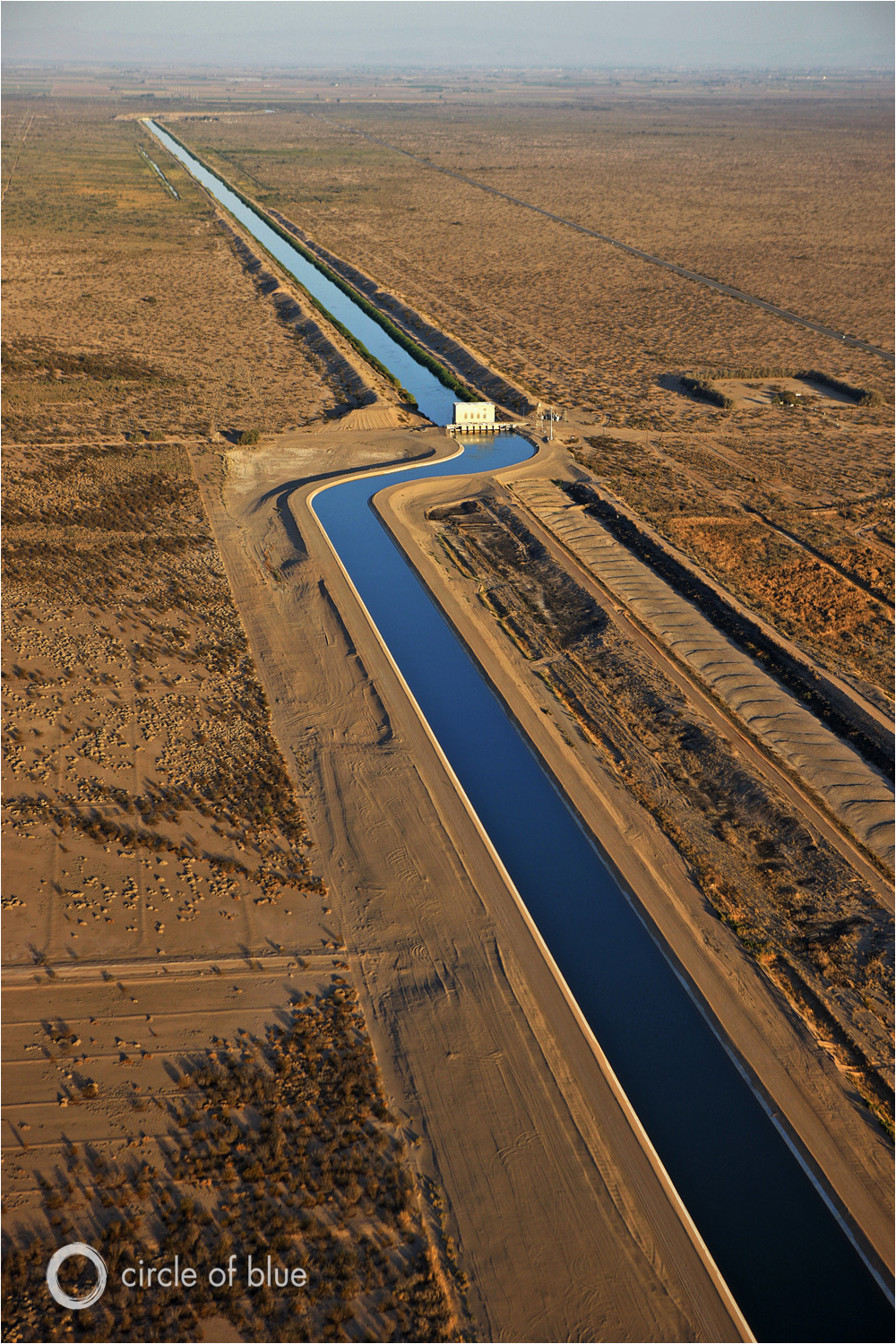
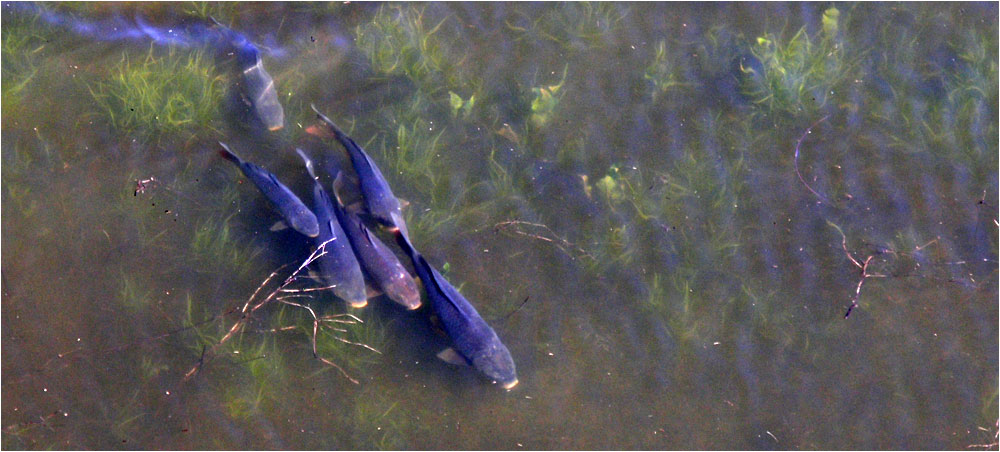
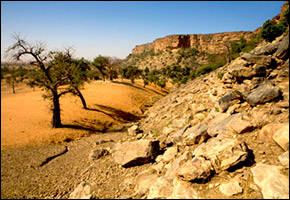
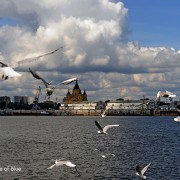



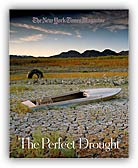

Leave a Reply
Want to join the discussion?Feel free to contribute!